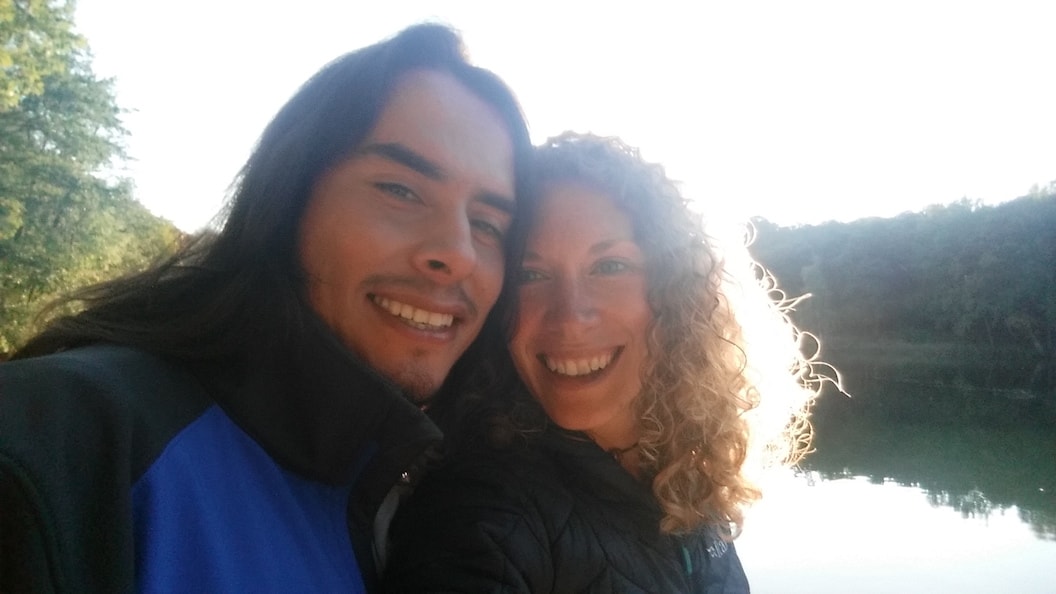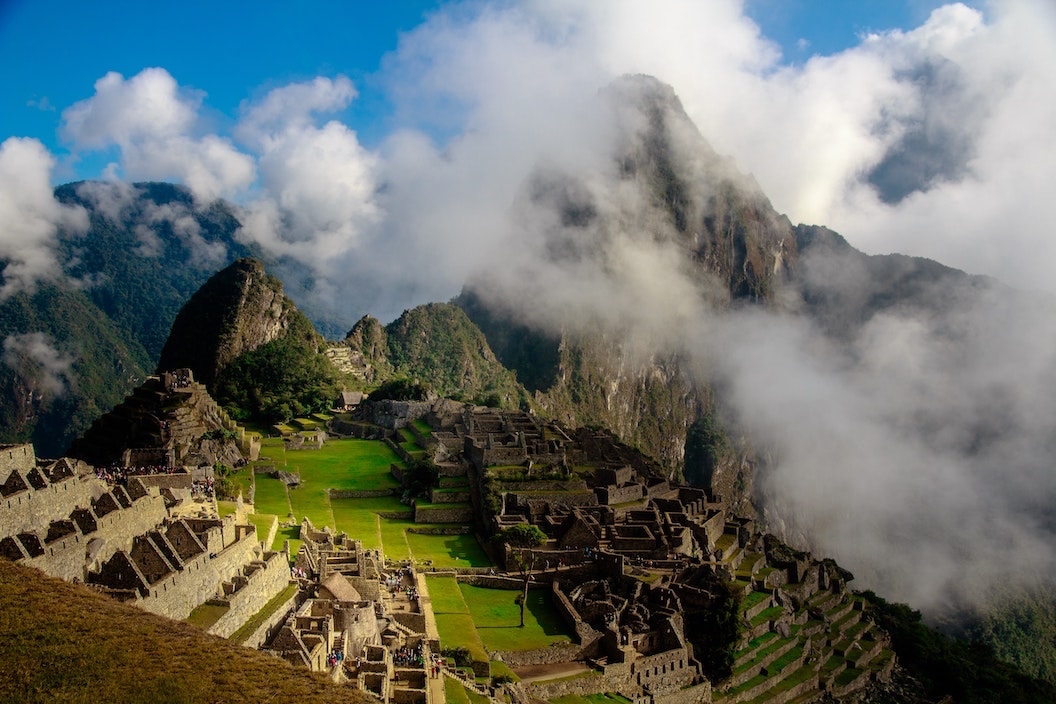What is global warming?
The term global warming has been around for a long time, and it refers to the rising temperature of the earth’s surface. Global temperatures have been relatively stable for the past 1000 years, but in the past 40 years, the trend has been going upwards quite sharply. Fourteen out of the 15 hottest years on record have occurred in the last two decades.

Why is the earth warming?
Global warming is caused by greenhouse gases, including carbon dioxide. Now, greenhouse gases are important: without them, the planet would be too cold for us to live. But if there are too many greenhouse gases in the atmosphere, they act like a duvet covering the edges of our atmosphere, not allowing the sun’s radiation to escape, and the earth gets hotter.
How do we know it's manmade?
Before the industrial revolution, the concentration of CO2 was a relatively stable 280ppm (parts per million). It’s currently at 410ppm – higher than at any time in human history. Natural cycles cause fluctuations in the earth's temperature, but these occur at a far slower pace than we are currently seeing. An increase of 1º, which has occurred in the last 150 years, would take around 1000 years at a natural pace.
What will climate change mean for us?
Unfortunately, it’s not as simple as warmer winters. Everything we do relies on the existing natural systems, from what we eat to how we clothe ourselves and house ourselves. Unpredictable, unseasonal weather will affect crops and our ability to feed ourselves. Rises in temperatures will increase the likelihood and severity of extreme weather events, such as bushfires and flooding.
"Unpredictable, unseasonal weather will affect crops and our ability to feed ourselves."
Not only do these events pose a risk to life, they are hugely damaging to eco-systems. Melting ice and sea level rise will cause problems for island nations and low-lying communities, and parts of the world will be too hot to live, so we’ll see mass climate migration. A high concentration of CO2 causes ocean acidification which disrupts our eco systems.
We are already seeing these effects, and they will only continue to get worse.
The role of aviation
Burning fossil fuels such as kerosene (aviation fuel) creates CO2 and other greenhouse gases, such as nitrous oxide and water vapour in the form of contrails. Releasing these in the upper atmosphere has a more extreme warming effect than the same emissions at ground level – roughly double – owing to radiative forcing. Evidence suggests that greenhouse gases can remain in the atmosphere for many years, meaning their warming effect will last much longer than the duration of your flight.
Individual impact
Flying is the most carbon intensive form of travel, and nothing else we do raises our carbon footprint by so much, so quickly. Though the vast majority of the world’s population (around 95%) has never been on a plane, for those who do fly, those flights will make up the largest part of your carbon footprint. The website ShamePlane estimates that flying to New York City from London creates enough CO2 emissions per passenger to melt 6.6m2 of Arctic sea ice. For Bangkok it's 11m2. Even short haul flights can quickly add up to unsustainable levels of CO2. We explore more about the individual impact of flying, compared to other activities, in our blog post here.
Individual action
"The best time to do something about climate change was 30 years ago. The second best time is now." ~ Ken Rice
The good news is, because human activity is causing climate change, we can be the ones to halt it. The frustrating part is that, though we know what we need to do, we’re currently not doing it. Humans are very resistant to change, though once change happens, we adapt very quickly.
On an individual level, we can: eat less (or no) animal products, avoid fast fashion, drive less or not at all, use green energy, and stop flying.
On a government and industry level, we need to direct the vast majority of our time and money into decarbonisation.




